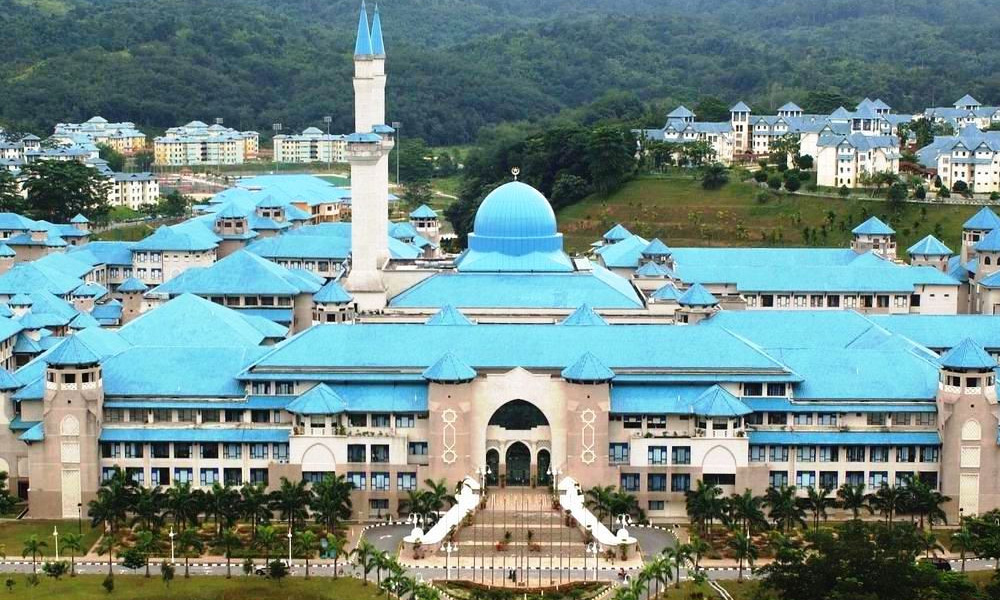Rohingya refugees in Malaysia seeking to pursue their tertiary education will be able to do so soon at the International Islamic University of Malaysia (IIUM), said Higher Education Ministry adviser Morshidi Sirat.
The university, he said, was selected as the participating institution that will enrol Rohingya refugees once the programmes are established, based on its reputation and experience.
A US$50 million (RM231 million) donation from the Qatar Fund for Development received before 2020 will fund the higher learning opportunity for the Rohingyas.
“The scope of assistance (from the donation) from the Qatari government was toward education, health, and self-reliance of Rohingya refugees in this country,” said Morshidi (above).
He was speaking at the launch of the opening ceremony of the third ASB-UNHCR Research Workshop on Refugees Studies and Forced Displacement in conjunction with World Refugee Day in Kuala Lumpur today.
Although the allocation ratio for each area of aid dedicated to the Rohingyas remains uncertain, Morshidi confirmed that the allocation for the Education Ministry toward early childhood education is separate.

The funds toward health aid had already been dispensed by Yayasan Kebajikan Negara who served as coordinator of the funds.
In 2020, concerns were raised about the distribution of the US$50 million donation. Former deputy prime minister Dr Wan Azizah Wan Ismail stated at the time that the Pakatan Harapan government had not yet received the funds.
This revelation came after Umno president Ahmad Zahid Hamidi denied receiving the money in his personal account and urged the government to clarify how the funds were used.
Morshidi said discussions on appropriate courses the university will offer commenced during the higher education minister's (Mohamed Khaled Nordin) visit to Qatar last month.
However, it is uncertain if any of their education certification gained here will be accredited by the Malaysian government.
Education hub
Morshidi told Malaysiakini that it was an issue the ministry would have to address.
He said Malaysia was striving to become an international higher education hub in the region, which also made the country ready to provide tertiary education for refugees and people from conflict regions.
“We house 20 public universities, 435 private higher education institutions, 105 community colleges, and 36 polytechnics.
“Refugees can access education in a conventional or flexible form,” he said.
Morshidi added that the ministry also envisioned contributing to the global education landscape by getting directly involved in advancing education for youth in countries in conflict.
It would do this through its engagements with the Qatar Foundation.
Various private initiatives have been mounted to help refugees seek higher education in Malaysia.
Besides funding for fees, another major stumbling block is the required documents for enrolment.
Those enrolling as international students in Malaysia must have a student pass or visa approval, which requires a valid passport.
While some private institutions have enrolled refugees as students, the students still run the risk of having their degrees not being recognised upon completion, as their enrolment may not be endorsed by the Higher Education Ministry.
Private institutions also risk landing in hot water for doing so. - Mkini




No comments:
Post a Comment
Note: Only a member of this blog may post a comment.